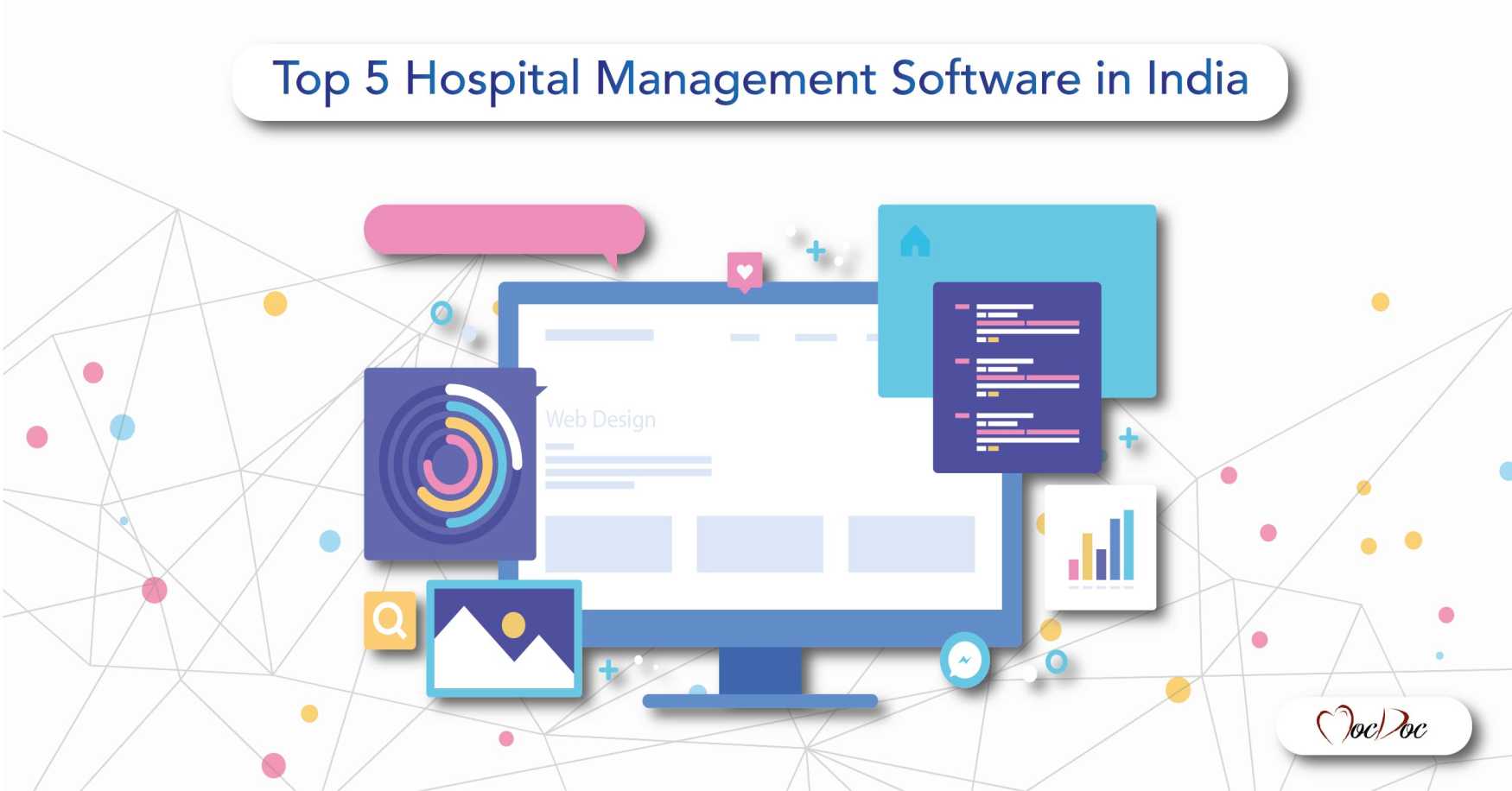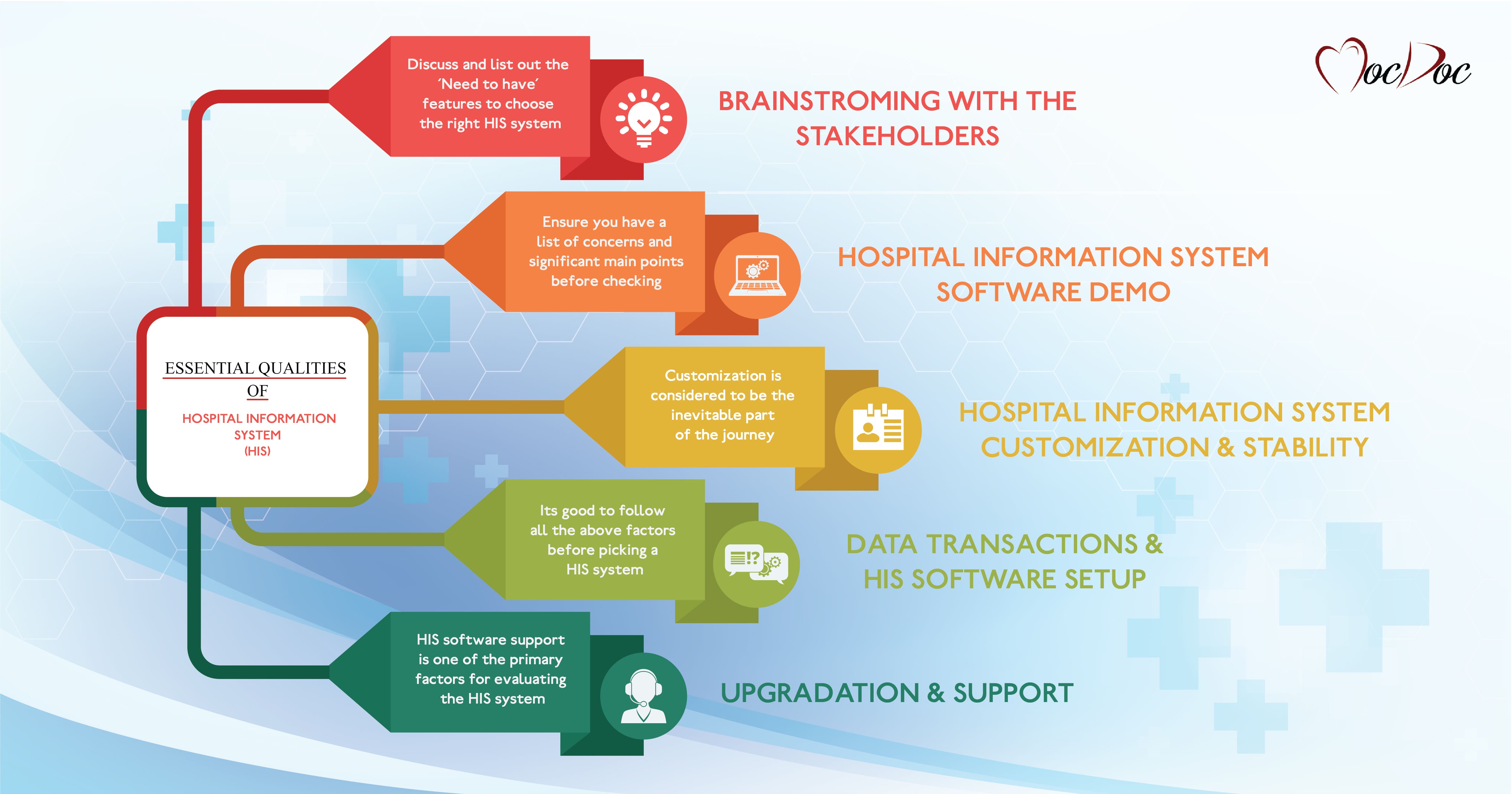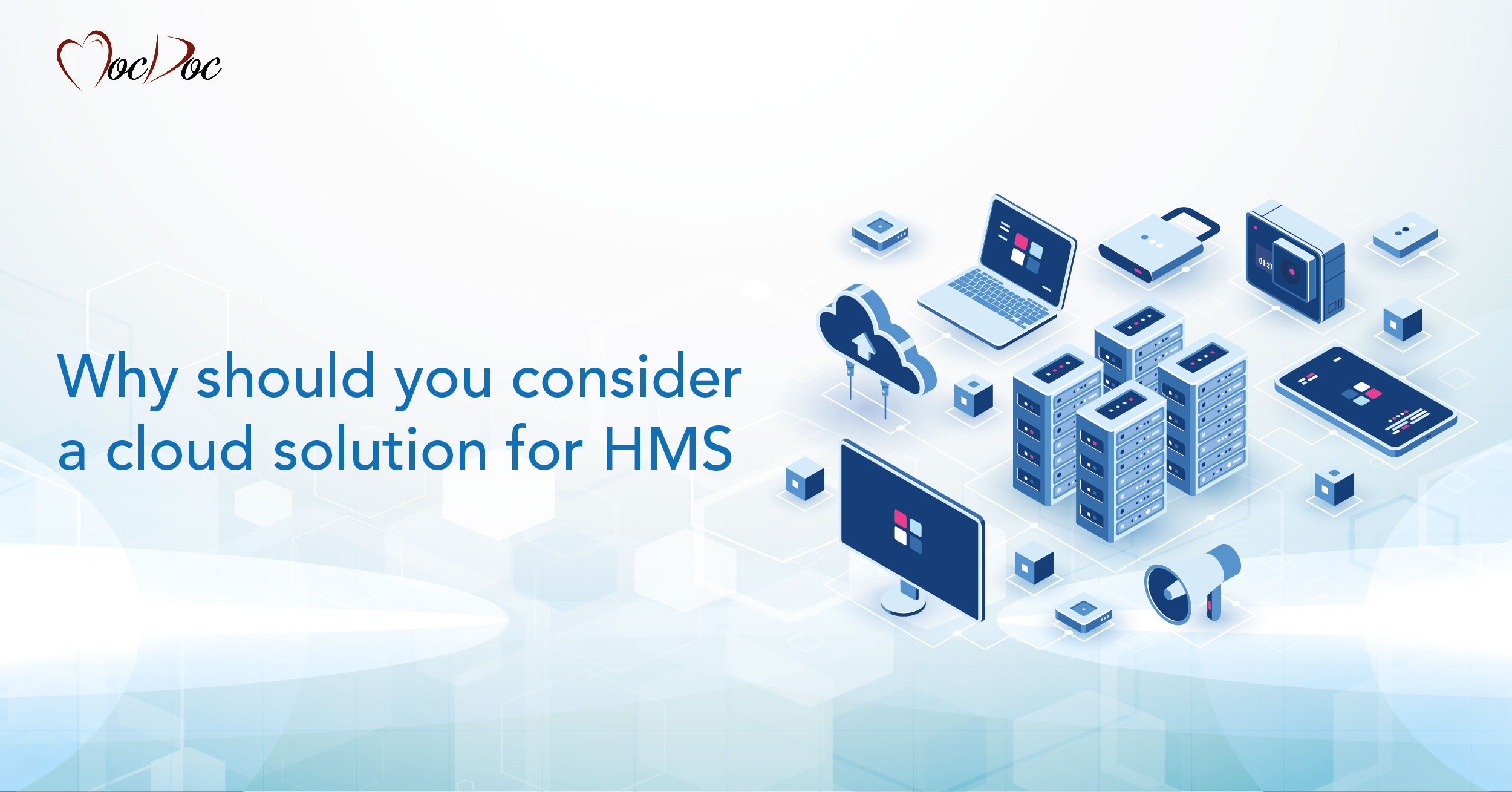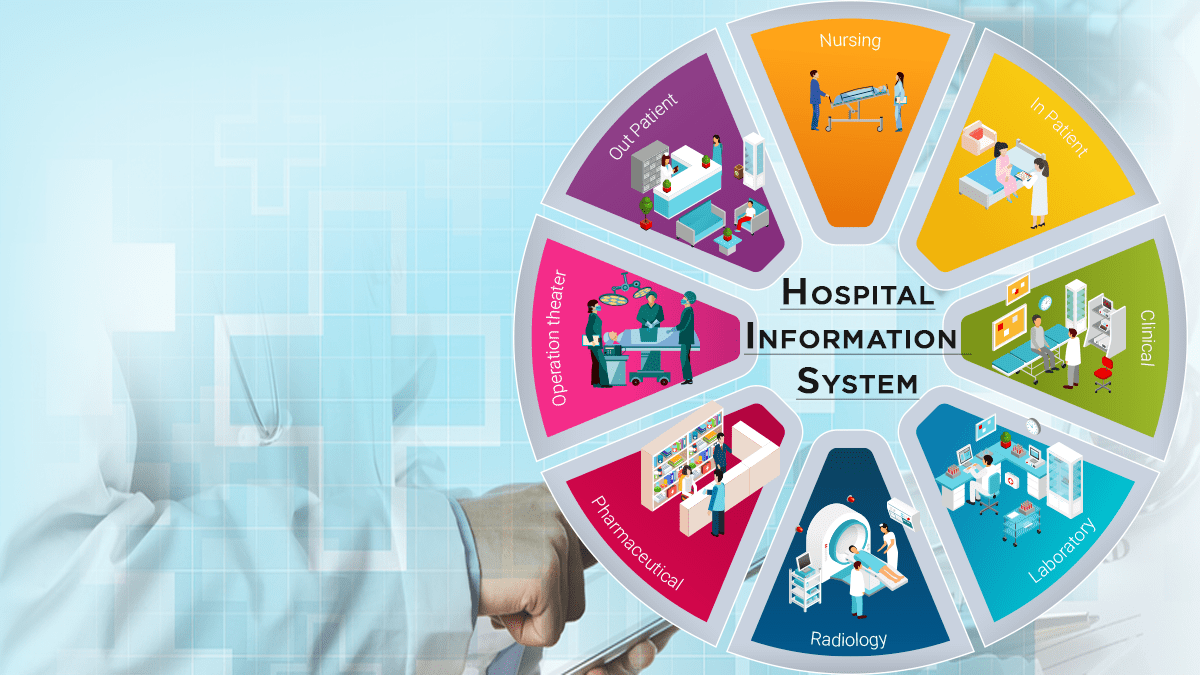MocDoc's Offerings
The Functional and Nonfunctional Requirement for HMS
Published By
Sanjana
2019081414:40:25
Category HMS
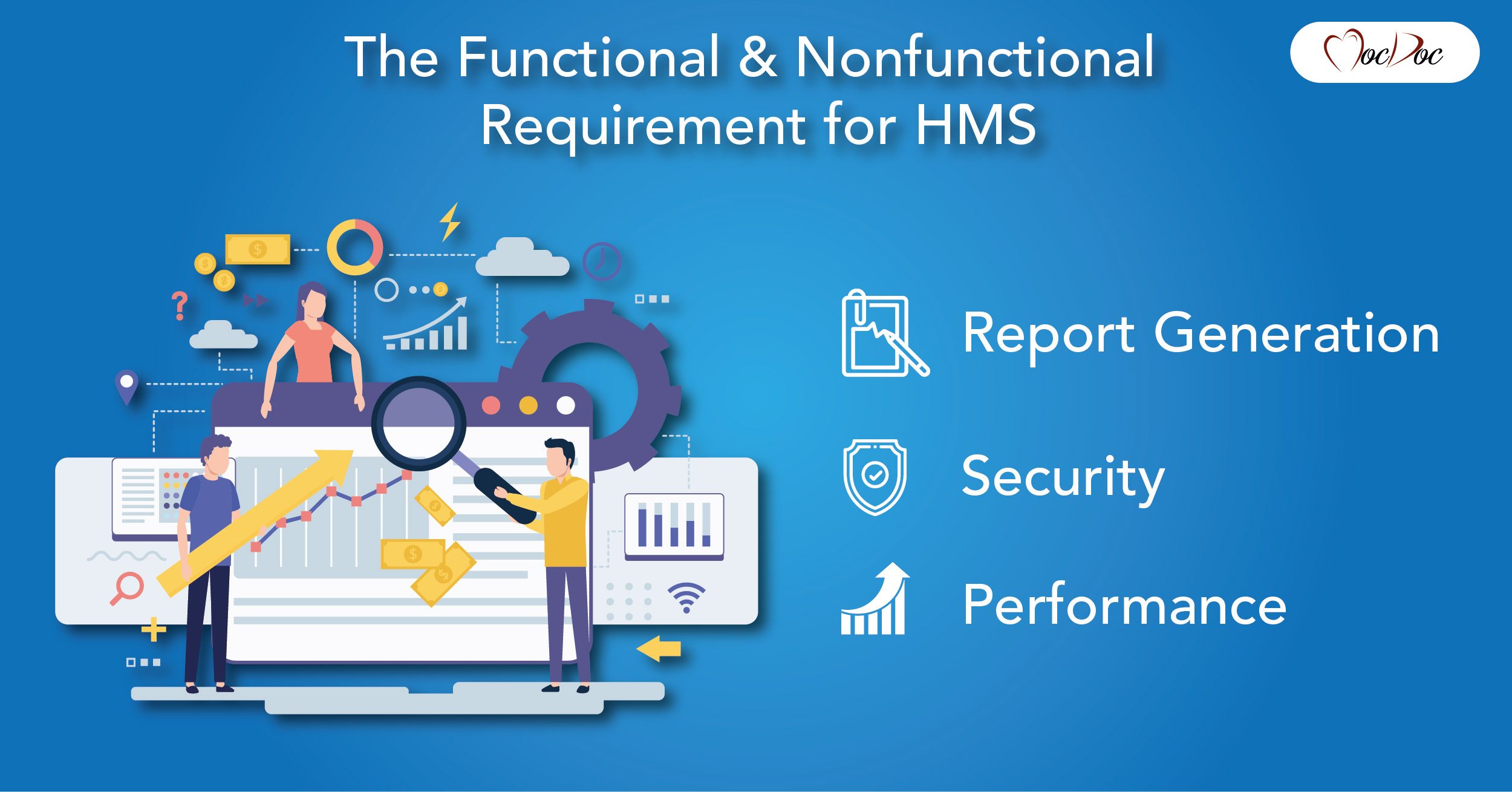
Hospital Management System is used to take the data from the patients and then store it for later use. The main goal of the Hospital Management System is to accurately treat as well as decrease overtime pay.
There are various features included in the HMS. Some of the system functions include Registration, Patient checks, Report generation, and more. In this blog, let's check out the functional and non-functional requirements of the Hospital Management System in depth.
Functional Requirements:
There are a lot of software requirements specifications included in the functional requirements of the Hospital Management System, which contains various processes, namely Registration, Check, Report Generation, and Database.
Registration Process of SRS (Software Requirements Specification)
● Adding Patients: The Hospital Management enables the staff at the front desk to include new patients in the system.
● Assigning an ID to the patients: The HMS enables the staff at the front desk to provide a unique ID for each patient and then add them to the record sheet of the patient. The patients can utilize the ID throughout their hospital stay.
Check Out of SRS:
● Deleting Patient ID: The staff in the administration section of the ward can delete the patient ID from the system when the patient checks out from the hospital.
● Adding to the beds available list: The Staff in the administration section of the ward can put the bed empty in the list of beds available.
Report Generation of SRS:
● Information of the Patient: The Hospital Management System generates a report on every patient regarding various information like the patient's name, Phone number, bed number, the doctor's name whom it assigns, ward name, and more.
● Availability of the Bed: The Hospital Management system also helps in generating reports on the availability of beds regarding information like bed numbers unoccupied or occupied, ward name, and more.
Database of SRS:
● Mandatory Patient Information: Every patient has some necessary data like phone number, first and last name, personal health number, postal code, country, address, city, 'patient's ID number, etc.
● Updating information of the Patient: The hospital management system enables users to update the information of the patient as described in the mandatory information included.
Non Functional Requirements
There are a lot of software requirements specifications included in the non-functional requirements of the Hospital Management System, which contains various processes, namely Security, Performance, Maintainability, and Reliability.
Security:
● Patient Identification: The system needs the patient to recognize herself or himself using the phone.
● Logon ID: Any users who make use of the system need to hold a Logon ID and password.
● Modifications: Any modifications like insert, delete, update, etc. for the database can be synchronized quickly and executed only by the ward administrator.
● Front Desk Staff Rights: The staff at the front desk can view any data in the Hospital Management system, and add new patient records to the HMS but they don't have any rights to alter any data in it.
● Administrator rights: The administrator can view as well as alter any information in the Hospital Management Software.
Performance:
● Response Time: The system provides acknowledgment in just one second once the 'patient's information is checked.
● Capacity: The system needs to support at least 1000 people at once.
● User-Interface: The user interface acknowledges within five seconds.
● Conformity: The system needs to ensure that the guidelines of the Microsoft accessibilities are followed.
Maintainability:
● Back-Up: The system offers efficiency for data backup.
● Errors: The system will track every mistake as well as keep a log of it.
Reliability:
● Availability: The system is available all the time.
Hope you got a clear idea of the functional and non-functional requirements and the features required by the hospital. Any other queries on the topic are welcome.
Related Articles
Top 5 Online Hospital Manageme...
Hospital Management Software is a vital business t..... Read more
How to choose the best Hospita...
Introduction:In the past few years, the HMS market..... Read more
Why should you consider a Clou...
People in the past, ran programs or applications f..... Read more
A detailed view of Hospital Ma...
A hospital management system was introduced ..... Read more
